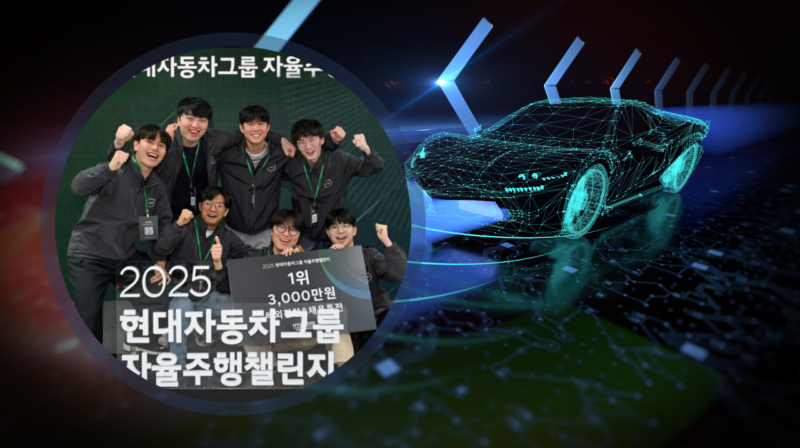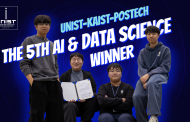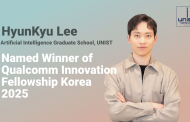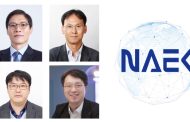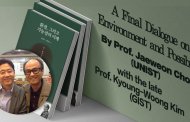Team FAST (Future Autonomous Systems Team), led by Professor Jeong Hwan Jeon from the Department of Electrical Engineering at UNIST, has achieved a remarkable victory at Korea’s largest autonomous driving competition. The team progressed from a third-place finish in their debut appearance just six months prior to clinching the championship this year, establishing themselves as a promising leader in the future mobility sector.
The finals of the second round of the ‘2025 Hyundai Motor Group Autonomous Driving Challenge,’ took place on September 30 at the Factorial Seongsu in Seoul. The event was conducted within a virtual simulation environment that replicated ‘K-City’ in Hwaseong, Gyeonggi Province—Hyundai Motor Group’s real-world testing ground for autonomous vehicles.
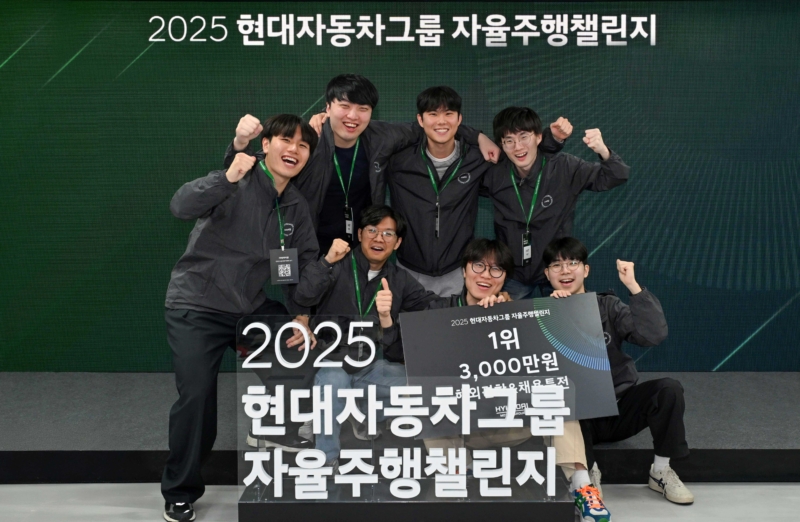
Team FAST, led by Professor Jeong Hwan Jeon, took a commemorative photo after securing the top spot at the 2025 HMG Autonomous Driving Challenge.
Participating teams employed an AI-driven ‘End-to-End (E2E)’ autonomous driving approach to navigate complex urban scenarios. Notably, this round featured a new development environment on a PC platform powered by NVIDIA’s Orin-X chip, facilitating more efficient implementation of E2E logic.
Competing against major Korean universities—including KAIST, Chungbuk National University, and Hanyang University—UNIST’s Team FAST delivered an impeccable performance. They successfully passed all checkpoints and responded accurately to surrounding vehicles, earning the highest scores among all contenders.
The team was awarded a prize of 30 million KRW, along with opportunities for international tours to observe global autonomous driving trends. Additionally, members received exemptions from document screening for research positions at Hyundai Motor Company, Kia Corporation, and 42dot Inc.

Team FAST is watching the preliminary Round A matches.
The cornerstone of Team FAST‘s success was their advanced driving algorithm. Building on their third-place finish at the initial competition in March—achieved with limited preparation—the team dedicated months to refining and enhancing their technology, culminating in this outstanding victory.
This achievement marks a significant milestone for UNIST’s autonomous driving research, exemplifying how rapid development and persistent effort can lead to breakthrough results. Their AI model was rigorously tested on the competitive stage, and the outcome underscored the power of continuous innovation and challenge.
Supported by the Ulsan Metropolitan City-funded UNIST Future Mobility Research Center, the Ministry of Science and ICT (MSIT)’s AI Graduate School Program, the Autonomous Driving Technology Development Innovation Project, the National Research Foundation (NRF)’s Leading Convergence Research Center, and the InnoCore program, they have diligently advanced cutting-edge autonomous driving technologies.
This competition also served as a platform to validate their E2E AI model. Unlike conventional rule-based systems that struggle in complex urban environments, their approach—allowing AI to learn directly from data—proved highly effective. Their successful execution of challenging tasks demonstrated the immense potential of this innovative technology.
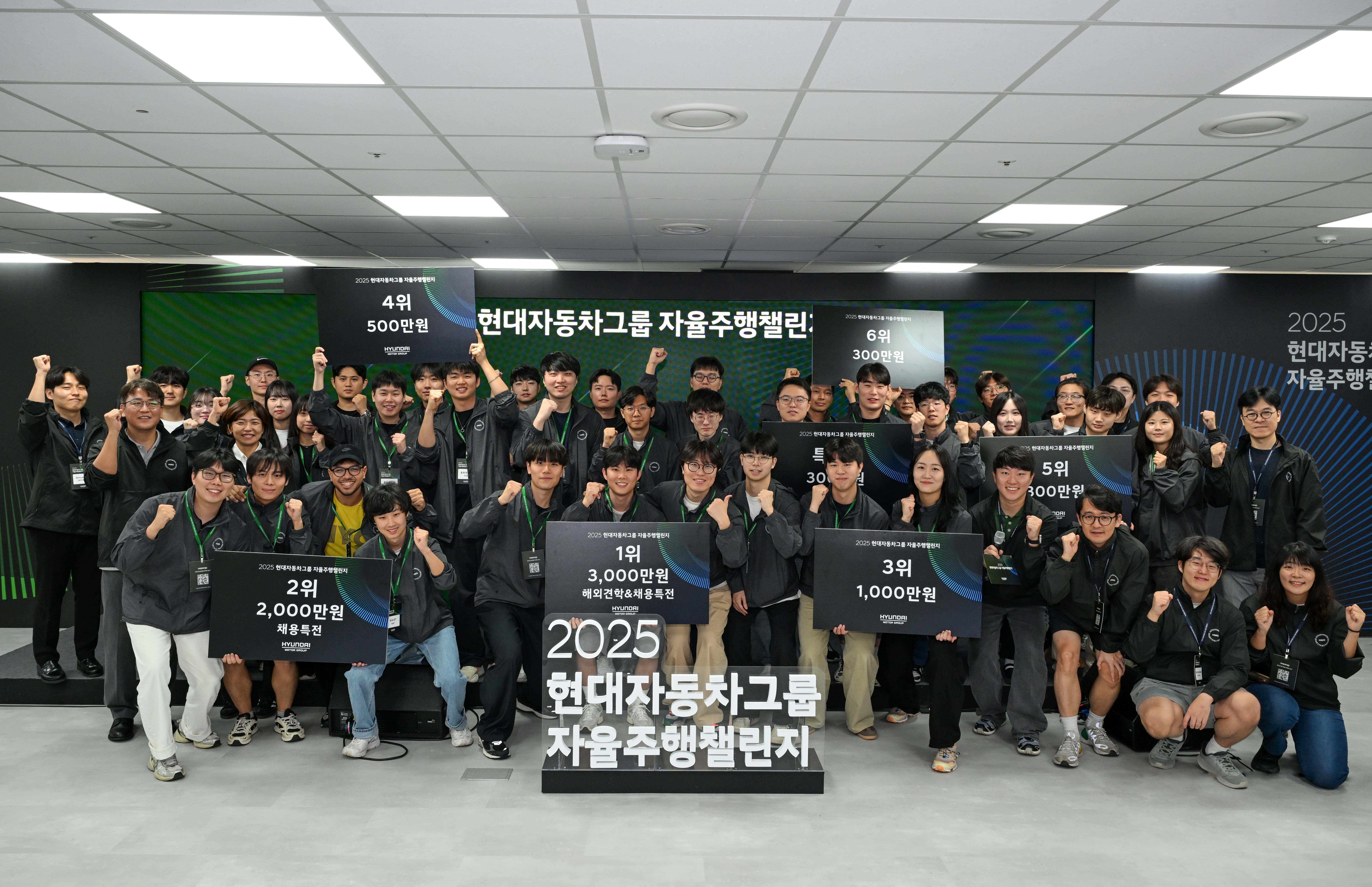
A group photo taken at the conclusion of the competition, capturing the teams celebrating their victories.
Professor Jeon commented, “Thanks to the shift toward software-and AI-driven autonomous vehicle development, we achieved encouraging results—placing third in the first round without owning a vehicle, and ultimately winning first in the final.” He further added, “We will continue to lead the future of mobility through UNIST’s autonomous driving research.”
Meanwhile, Team FAST is comprised of students from Professor Jeon’s Robotics & Mobility Laboratory, including Team Leader EunChong Kim, along with SunHwi Kim, JaeChan Shin, SeongJae Lee, HeeDon Jeong, and Sung Jun Heo.


